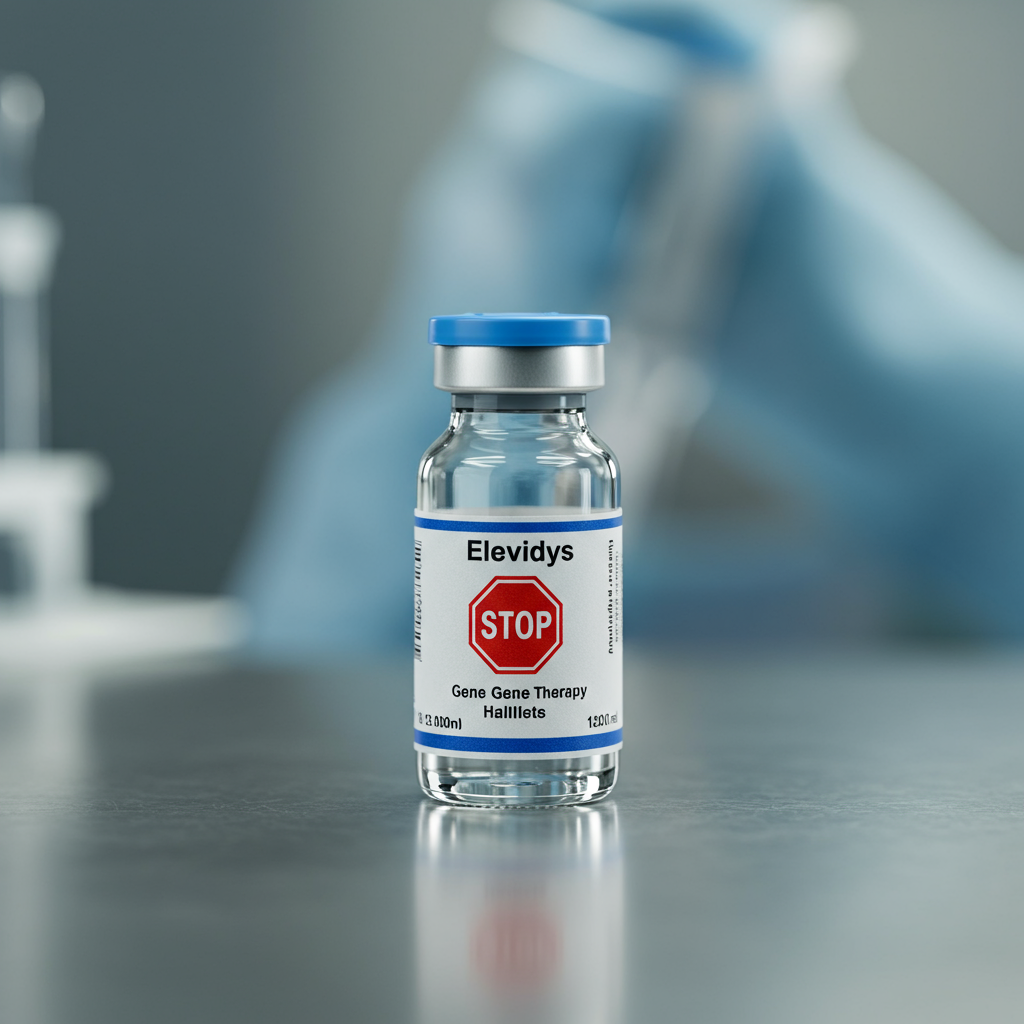Sarepta and Roche Pause Gene Therapy Use Following Patient Deaths
Sarepta Therapeutics and its global partner Roche have announced the immediate halting of commercial and clinical use of their Duchenne muscular dystrophy (DMD) gene therapy, Elevidys (delandistrogene moxeparvovec), specifically for non-ambulatory patients. This critical decision follows a re-assessment of the therapy’s safety profile after a second patient death attributed to acute liver failure (ALF).
Elevidys is a significant treatment as the only gene therapy approved in the United States for Duchenne muscular dystrophy in individuals aged four and older with a confirmed mutation in the DMD gene, encompassing both ambulatory and non-ambulatory individuals. The therapy aims to provide a functional copy of the DMD gene, enabling the body to produce the missing protein, dystrophin, which is deficient in DMD patients. Sarepta holds the US rights, while Roche manages global territories.
Second Fatal Case Prompts Immediate Action
The latest action was triggered by a second fatal case of acute liver failure in a non-ambulatory DMD patient who received Elevidys. This follows a previous death due to ALF reported in March 2025, which had already led to the suspension of multiple clinical trials evaluating the gene therapy in different patient groups. Those earlier clinical holds remain in effect.
In response to the second fatality, Sarepta and Roche are implementing immediate dosing restrictions. Commercial use for non-ambulatory patients has stopped, and enrollment and dosing in clinical trials for this population, including key studies like ENVISION (Study SRP-9001-303), ENVOL (Study 302), and Study 104, are paused globally. Sarepta is also temporarily suspending shipments of Elevidys for non-ambulatory individuals during this evaluation period. Regulatory bodies, including the U.S. Food and Drug Administration (FDA) and the European Medicines Agency (EMA), have been notified, with the EMA specifically requesting trial holds in Europe.
Understanding the Safety Concerns
Acute liver failure and elevated liver enzymes are recognized as potential side effects of adeno-associated virus (AAV)-based gene therapies like Elevidys. However, the precise mechanism underlying this liver toxicity remains unclear. While a pooled analysis of earlier data from 156 patients across four trials with up to five years of follow-up showed a manageable safety profile with no deaths as of January 2024, these two recent fatal cases highlight a specific and serious risk, particularly observed in non-ambulatory patients.
Path Forward: Exploring Risk Mitigation
Sarepta is taking steps to address these safety concerns. The company is convening an independent group of leading experts in Duchenne and liver health. This panel will evaluate safety data and consider potential enhancements to the immunosuppression regimen given to patients receiving Elevidys. A proposed new regimen, potentially including sirolimus, is being considered based on preclinical data suggesting additional immunosuppression might help manage liver enzyme elevations and mitigate ALF risk. Recommendations from the expert panel will be shared with the FDA, and implementation of any new regimen will be contingent upon regulatory guidance.
Crucially, the companies note that for ambulatory patients currently treated with Elevidys, they are not proposing any changes to the existing treatment protocol, which involves corticosteroid administration before and after infusion and ongoing post-treatment monitoring.
Market Impact and Analyst Outlook
News of the second patient death and the subsequent pause had a significant impact on the stock market. Sarepta’s shares saw a substantial drop, falling over 30% in pre-market trading, while Roche’s shares also declined.
Industry analysts have weighed in, acknowledging the unfortunate development. Some analysts suggest that implementing a modified immunosuppression regimen could potentially prevent future safety events in non-ambulatory patients. While the second death increases investor concerns about a potential market withdrawal of Elevidys, this outcome is considered unlikely by some. Instead, analysts anticipate that the therapy’s label will likely be updated to explicitly highlight the risk of acute liver failure.
Sarepta had previously revised its 2025 revenue guidance downwards, partly attributed to anticipated delays in Elevidys distribution, even before this latest safety update. The current pause for non-ambulatory patients underscores the critical need to better understand and mitigate the risk of acute liver failure for this vulnerable population, influencing both clinical practice and the company’s financial outlook.




